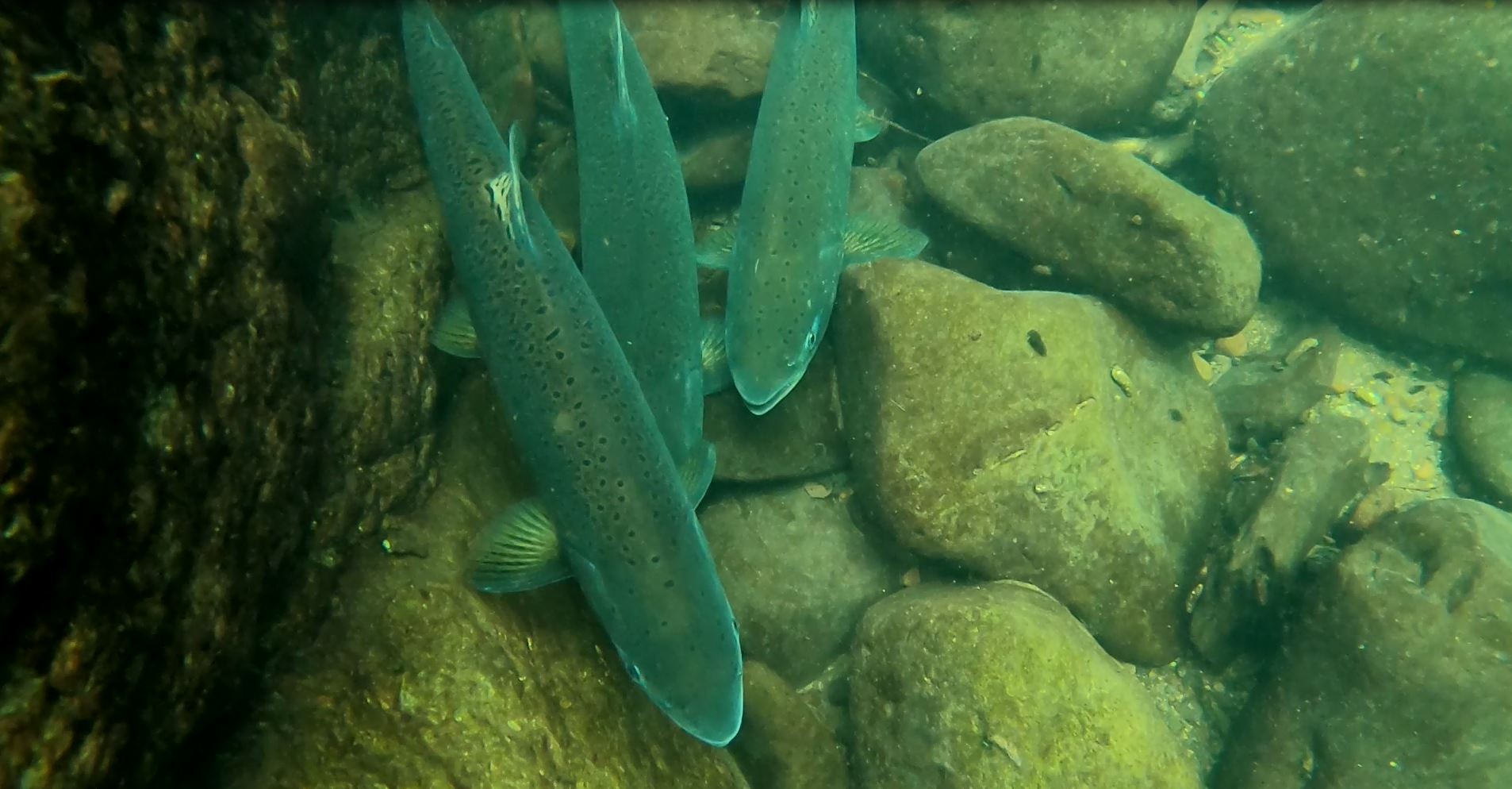The Row River Nature Park supports one of the largest known populations of Western pond turtles in the southern Willamette Valley however no nesting sites have been confirmed at the park. Lack of basking habitat necessary to process nutrients, nesting sites with suitable solar access above the high-water line, loss of shallow pond edges with emergent vegetation are all a risk to the Western pond turtle. The riparian zones are overcome by invasive blackberry causing some of those risks. The site also has many fish species include spring Chinook salmon, large-scale suckers, cutthroat trout, rainbow trout, sculpin, dace, whitefish, redside shiners, and brook and Pacific lamprey so improvements to riparian shade and future contributions of wood, as well as nutrients all provide compelling reasons to improve the riparian zone for future fish habitat.
SOLUTION
Three different ecosystems received manual or mechanical/ chemical weed control treatment and then were planted with diverse native plants in over 40 areas. Over 76 logs were placed in turtle ponds for basking sites. There was removal of non-blackberry invasives like English ivy, Reed-canary grass, Yellow flag iris, and St. John’s wort on 9 acres. Blackberry was removed using manual, mechanical and chemical methods. Over 5,000 individual plants were installed over 22 acres
RESULTS
This project restored native vegetation and improved pond bank condition on 42 acres of a 56-acre open space park in a first phase of vegetation enhancement. 42-acres of Armenian blackberry (Rubus discolor) were reduced in extent by 95%. In addition, control of English ivy (Hedera helix) and Scot’s broom (Cytisus scoparius) was achieved in majority. Enhancement of basking sites for the Western pond turtle were built by adding woody debris to the ponds.



